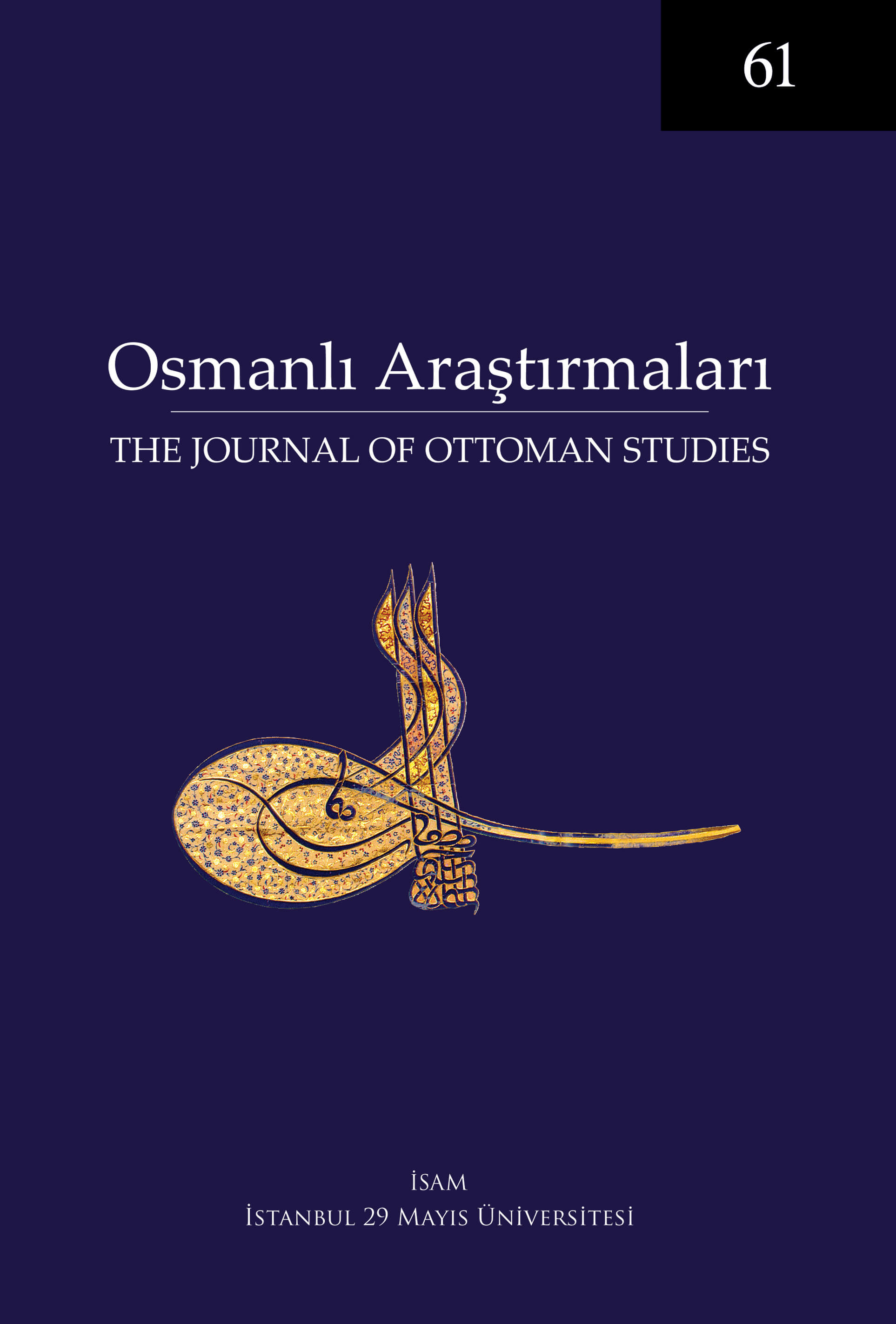Hostility to Antiquated Ideas: Ahmed Cevdet Pasha’s Cover-up of a Pamphlet on Wahhabism
Keywords:
Wahhabism, Ulema, Ahmed Cevdet Pasha, Ataullah Efendi, Tanzimat, Nizam-ı CedidAbstract
This article examines the source, causes and consequences of a general as-sumption about Ottoman-Wahhabi relations, namely the notion that the Ottoman ulema in Istanbul were heedless of Wahhabism despite their occupation of the Hejaz and ultimately left it up to statesmen to resolve the issue. That claim was initially put forward in the 1870s by Ahmed Cevdet Pasha in Tarih-i Cevdet, and it was repeated by many others after him. As such, Cevdet Pasha was deemed to be a guiding force in the molding of the concept of Wahhabism in the Ottoman Empire and in terms of dealing with the issue in detail. However, in the early period in Istanbul, a pamphlet on Wahhabism had already been in circulation, a text that was written, reproduced and widely used by the ulema. Moreover, while Cevdet Pasha made use of the basic tenets set forth in that pamphlet in his work, he did not make reference to it, and in fact he reiterated that the scholars of the period were reckless in their approach to Wahhabism. This article argues that Cevdet Pasha’s attitude was steeped in political hostility towards Ataullah Efendi, who was the şeyhülislam of the period and the au-thor of the commentary in the pamphlet. Since Ataullah Efendi played a crucial role in the dethronement of Selim III, the sultan who had enacted the Nizam-ı Cedid, in Cevdet Pasha’s eyes Ataullah Efendi had “antiquated ideas.” The fact that Cevdet Pasha, who was a proponent of the Tanzimat, sought to negate the existence of Ataullah Efendi’s pamphlet and critique the older generation of scholars had a direct impact on how the literature on Ottoman-Wahhabi relations was shaped.




